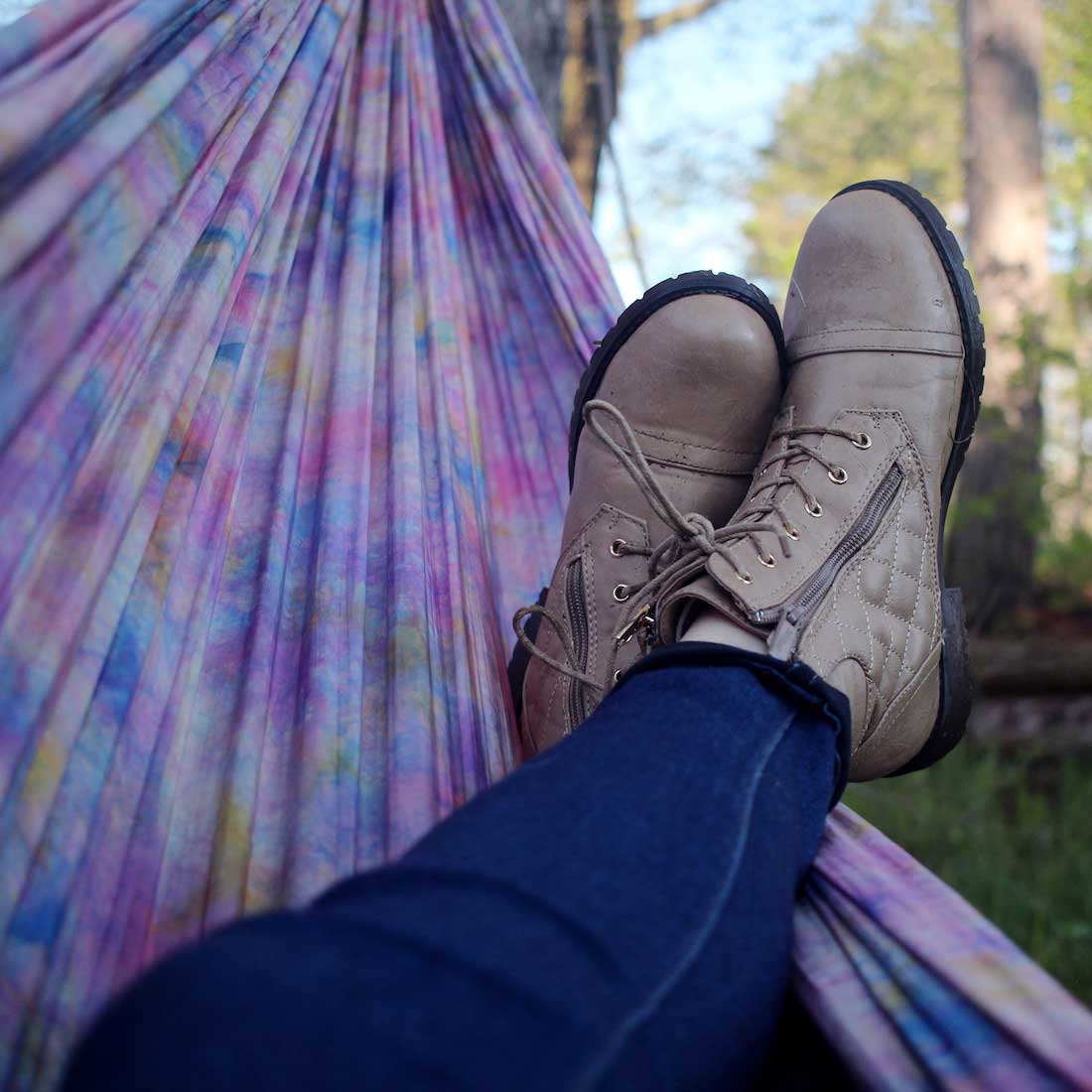Stress changes how we experience pain. Any toddler knows that mommy’s kiss on a boo-boo makes it feel better.
There’s a scientific reason why the kiss helps. Our bodies are wired to feel less pain when we’re relaxed. The opposite is true, too. Stress causes certain reactions that increase pain. Here are the reasons why stress increases pain and three relaxation techniques for stress.
How Does Stress Affect Your Pain?
To understand the link between stress and pain, let’s dig into the different types of stress.
There are two types of stress — acute stress and chronic stress.
Acute stress
Acute stress is usually short-lived but severe. It kept us alive when we were hunter-gatherers. If you were ever chased by a lion, here’s what would happen in your body.
Your adrenal glands would first release cortisol, adrenaline and noradrenaline. These are hormones and neurotransmitters. They would stop your digestion and immune system functions, focus your mind on fleeing from the lion, enhance your muscle function, and increase the amount of sugar and fat circulating in your body.
Once you escape from the lion, your body returns to normal very quickly.
That’s what should happen. But in modern life, that’s not always the case.
Chronic stress
When we talk about stress now, we usually mean chronic stress. Many things can cause chronic stress: work, financial struggles, relationships, time pressures, traffic and so on. But just because chronic stress is common doesn’t mean it’s natural or healthy. Chronic stress is actually a modern phenomenon. And your body doesn’t have a healthy response to it.
You end up responding the same way you would if a lion chases you. Your heart rate, blood pressure, and blood sugar go up. Blood flows to your big muscles. Sugar and fat are released into the bloodstream. You’re ready to fight or flee.
Functions that aren’t needed for immediate survival shut down. That means your digestion, sex hormone production, immune system, and circulation to nonessential areas all drop. This stress response – which helps us survive acute stress – makes us sick in the case of chronic stress. Over long periods, it causes inflammation and wear and tear on our system. It also promotes all the chronic diseases that are so common these days — diabetes, heart disease, strokes, and chronic pain.
We need to reduce our chronic stress.
Relaxation Techniques for Stress
Here are three easy relaxation techniques I use.
Put reminders up on your desk to use these techniques until they become a habit.
1. Guided imagery
This is usually done with a recording or a guide who talks you through the exercise. Here’s an example of taste imagery. Get someone to read it to you while you sit in a comfy chair with your eyes closed.
Imagine you’re in a kitchen. Food is cooking quietly on the stove. You go over to the refrigerator and take out a plump, juicy lemon. You hold it in your hand, feeling the coolness. You put it close to your nose and get a faint aroma of lemon through the intact peel. You go over to the counter and take out a cutting board. With a knife you cut the lemon in half. Some of the juice spurts out and the aroma of lemon is strong. You see the beads of juice on the cut surface. Then you cut each half again so the lemon is in quarters. You notice where a seed has been cut through. You pick up one of the quarters and hold it close to your nose and appreciate the lemony smell.
Are you salivating yet? This is an example of how a mere image in your mind can change your body function. There is no real lemon there, but most people will salivate as if there were.
2. Autogenic training
Autogenic training takes you through a series of images and affirmations.
Sit or lie down comfortably. Make sure you are not cold.
Repeat each of the following statements three times and try to feel, in your body, the sensation suggested by the words.
“I am completely calm. My arms feel heavy and warm. My legs feel heavy and warm. My heartbeat is calm and regular. My breathing is calm and regular. My abdomen is warm and comfortable. My forehead is pleasantly cool. My neck and shoulders are heavy and warm. I am at peace.”
3. Humor
Laugh away!
Both your brain and body chemistry change in response to humor. Laughter causes some of the same physiological changes as exercise and helps balance the systems in your body related to stress.
Chew on this
If you feel down, or just a little tired, smile! If you can’t lift the corners, let the middle sag.
What tricks do you use to relax? Share them with us in the comments!


